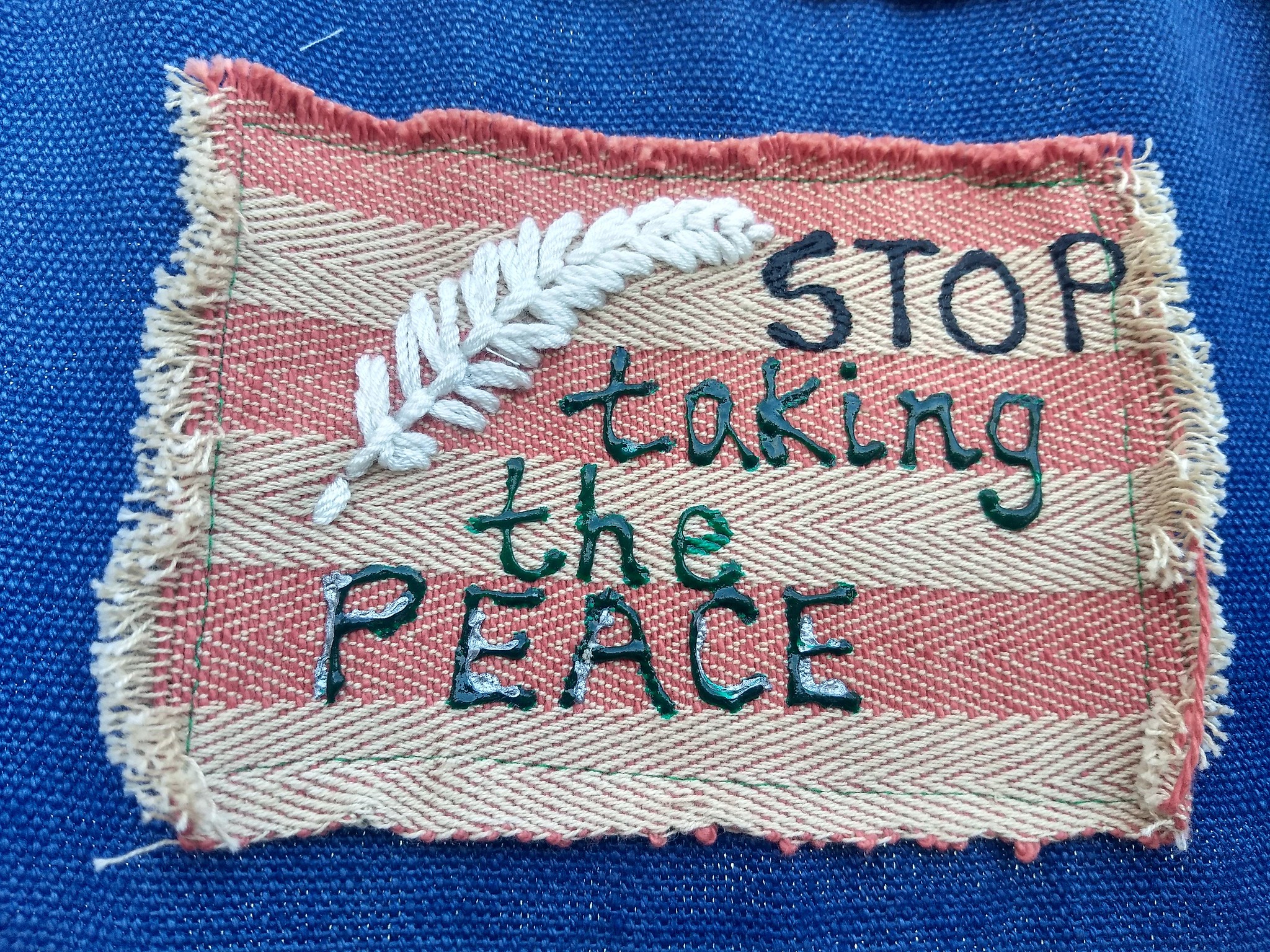There are many myths that are used in an attempt to justify the arms trade. It is important that campaigners are prepared for them.
Myth: The arms industry is good for the economy.
The UK government’s support for the arms industry costs the public money. Support for arms sales alone costs taxpayers £100m a year, and a huge amount more goes into areas such as Research and Development. This money needs to be shifted to more positive and sustainable industries, such as renewable energy and low-carbon technology, which are crying out for workers with similar skills. Our research shows that a move towards offshore wind and marine energy could create far more jobs.
Arms only account for around 0.2 per cent of UK jobs and 1-2 per cent of exported goods. Even when it comes to the UK’s manufacturing sector, which employs about 2.7 million people in the UK, arms account for just 3.2% of manufacturing employment. It is a small part of the economy, but there are certain parts of the country like Warton and Salesbury where arms companies do provide a lot of jobs. Any shift in priorities from arms to more sustainable industries must make sure these areas are a priority for new jobs.
Myth: It’s all about the money.
For the arms dealers, it is certainly all about the money. Individual politicians in buyer and seller countries may also receive payments through the corruption often involved in arms deals. But the arms trade is worth very little to the UK economy, and subsidies to arms exports mean that they actually cost the government money. In fact, the government supports arms exports because they believe a strong arms industry gives the UK status in the world as a “Great Power” – an aspect of “militarist” thinking that dominates government ideas of security.

